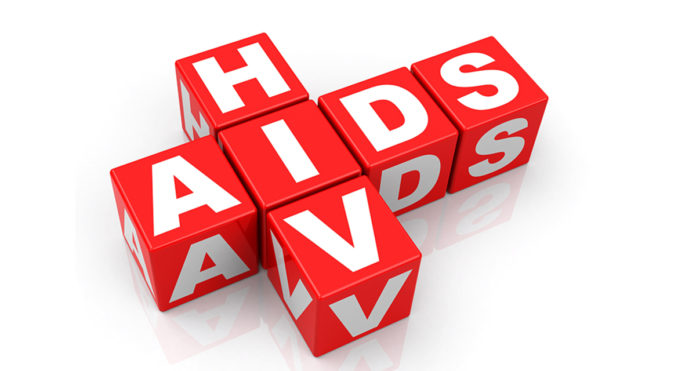The Acting Director-General of the Ghana AIDS Commission (GAC), Mr Kyeremeh Atuahene, has disclosed that out of the over 335,000 HIV population in Ghana, only 113,000 are currently on anti-retroviral treatment, as at December 2018.
He attributed the worrying situation to the fact that many diagnosed people are in denial of having the virus, while some persons who live with HIV do switch from ARVs to herbal treatment.
Mr Atuahene made the disclosure during a day’s interaction between the GAC and media health reporters from the Central Region on HIV and AIDS, held in Cape Coast last week.
According to Atuahene, the situation “could have a dire consequence for persons living with HIV, as it may result in their death. He argued that the only scientifically proven therapy that suppresses the virus was ARVs, and, therefore, urged the media to educate People Living with HIV (PLHIV) to adhere to anti-retroviral treatment, stressing that “no cure for HIV has been found by the scientific community”.
“HIV and AIDS is a developmental issue, and the dynamics of the epidemic, the sensitivities surrounding the social aspects of HIV and AIDS, as well as the associated stigma, require that the media are frequently updated on current information to ensure accurate reporting,” he added.
The Ghana AIDS Commission, he said, has, in the past three years, implemented the 2016-2020 National HIV and AIDS strategic plan with the goal to end AIDS by 2030 and achieve the 90-90-90 fast track targets by 2020.
Mr Atuahene noted that the media has a significant role to play if the GAC’s target above could be achieved, hence, the media interactions. This, he said, would assist the commission to “get first-hand information from media partners on their understanding of HIV and the challenges encountered in reporting on related issues.”
During the interactions, data on the regional dynamics of HIV was presented, while an insight was given into the regional response. The HIV prevalence in the Central Region currently stands at 1.8%.
Heart-2-Hearts Ambassadors
Some Hearts-2-Hearts ambassadors, who graced the occasion, told their stories about how anti-retroviral medications have sustained their lives and suppressed the virus.
They encouraged all persons living with HIV to continue to take the only scientifically proven anti-retroviral drugs, saying that it had the efficacy to suppress the virus and make them healthy at all times.
C/R GJA President
The Central Regional Chairman of the Ghana Journalists Association (GJA), Mrs Alice Tettey, explained that reporters in the region played significant roles to reduce the HIV and AIDS prevalence a few years ago. According to her, collective efforts were required to be able to stem the menace, and therefore, called on the media to give equal attention to health and other related social issues, as is done to politics.
She mentioned, however, that lack of data on HIV and AIDS in the region was a challenge facing the inky fraternity, a situation that hinders accurate reportage on the menace.
Mrs Tettey charged media practitioners to be mindful of the human rights of persons living with HIV when reporting, and also avoid uninformed sources, so as to make accurate and informed reportage. In 2018, the GAC organised various training programmes for the media, and the UNDP provided support training in the Greater Accra Region.
This training equipped them with the necessary tools to report accurately on HIV and serve as change agents. The UNDP, with support from UBRAF funds, supported the GAC to further train over 36 health reporters in the Central Region, with the hope to equip the reporters to understand the status of the national HIV response.
It was also envisaged to empower them to use their medium to accurately educate the populace, reduce stigma and discrimination, and encourage a behavioural change.
Source: peacefmonline.com

